The Passion flower (Latin Passiflora) is a climbing plant native to the warmer regions of America. As a medicinal plant, the species Passiflora incarnata used, the leaves and stems of which are drunk as tea. The plant is effective against nervous restlessness, tension and irritability, anxiety and some other ailments.
Occurrence and cultivation of the passion flower

In the climate of Latin America, around 500 different types of passion flower grow, almost all of which develop extremely magnificent, colorful, star-shaped flowers. In some varieties, these flowers are up to 18 centimeters in diameter. As a medicinal plant, the variety Passiflora incarnata are used, the foliage of which consists of three to five-fingered, lobed leaves. It occurs naturally in Mexico and the southeastern United States, particularly in the warm states of Louisiana and Florida.
It can grow up to ten meters high and is closely related to the edible Passiflora edulis. Its fruit is the passion fruit, which has a very distinctive taste and a high content of vitamin C. In Europe, Passiflora incarnata can be kept as a houseplant and flowers very nicely. Since it blooms in the first year, it can also unfold its splendor in our garden and serves as pasture for many species of insects.
It blooms in August and September and climbs several meters until the first cold before it freezes. In 2011 the Passion flower elected medicinal plant of the year.
Effect & application
The passion flower of the Passiflora incarnata variety contains flavonoids, especially apigenin and luteolin, in its leaves and stems. Both are plant pigments that are also found in other plants and whose medicinal properties have been proven. The calming effect of the passion flower has been proven in laboratory tests, but the exact mode of action has not yet been fully researched.
The Indians of North America used the passion flower as a medicinal plant, albeit its roots. Infusions of the dried leaves have been known since the 17th century and were used even then against nervousness, hysteria and insomnia. The plant can also be used as a sedative for attention problems, depressed mood or against fear of flying. Passionflower can also help with a nervous stomach, irritable bowel syndrome and to relieve symptoms of menopause.
Her herb is processed as an extract into capsules or tablets for commercially available medicines. But there are also liquid extracts, drops or teas available. Some of these are monopreparations without other active ingredients, but some are also combinations with valerian or hops. Adults and children from the age of 12 can take these preparations with no worries, as no side effects and no habituation effect are known.
For a tea, about one to two teaspoons of dried passion flower are poured over with boiling water and steep for ten minutes. About three cups a day ensure a noticeable effect. Nerve teas are also available in tea bags for uncomplicated use. A tincture is also easy to make yourself. For this passion flower herb is poured with alcohol and then has to steep for at least two weeks in a closed vessel.
The tincture is then poured off and poured into a dark bottle. 10 to 50 drops should be taken daily as needed. The tincture can be diluted with water for ingestion. In homeopathy, the fresh plant is used to make a mother tincture, but otherwise the dried plant parts. For homeopathic use, ten drops are taken three times a day. The calming, anti-anxiety and sleep-promoting properties of passionflower are particularly popular for alleviating menopausal symptoms.
Importance for health, treatment & prevention
Restlessness, nervousness and sleep problems are often associated with difficult life situations but also with hormonal change processes such as menopause. While these complaints are often caused by other problems, they require gentle yet effective treatment. Finally, personal difficulties are compounded by poor sleep and nervousness.
This spiral can be broken or completely prevented by timely and consistent treatment. A herbal, side-effect-free preparation made from passion flower can contribute a lot to alleviation if used regularly. It thus ensures an overall improved well-being that often enables the solution or treatment of further problems. The treatment with passion flower extract can also take place over a longer period of time and accompany everyday life in a beneficial way.
Those who feel calmer, safer and, after a healthy sleep, also more awake, also less often resort to addictive stimulants or unhealthy stimulants. The natural remedy passion flower can be an effective companion and helper against inner unrest in times of stress and difficult life phases. Passion flower extract can also be used profitably as a preventive measure. Anyone who frequently suffers from professional or private stress can become a victim of burnout syndrome.
This state of extreme emotional exhaustion can lead to psychosomatic illness, depression, and even a risk of suicide. A regular 3-week cure with passion flower tea or drops can help to cope better with regularly recurring stressful situations. Therefore, it makes sense to have passion flower tea from the pharmacy in stock.
Those who tend to exhaustion in stressful situations help themselves to better sleep, greater inner peace and serenity if used in good time. With a 3-week cure, three to four cups of tea are drunk slowly and in small sips daily, lukewarm and at most slightly sweetened. This not only works against the threat of exhaustion, but is also a natural aid for healthy and peaceful sleep.

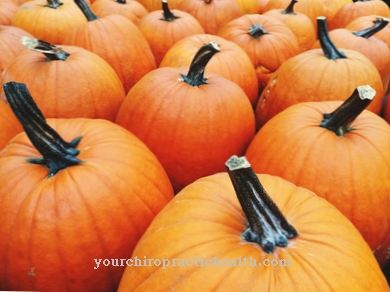

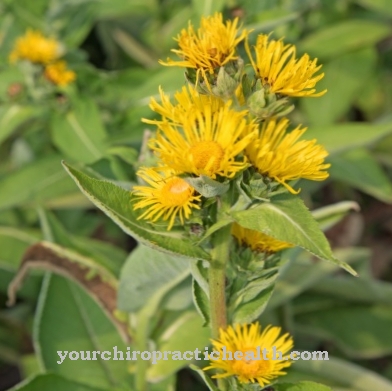
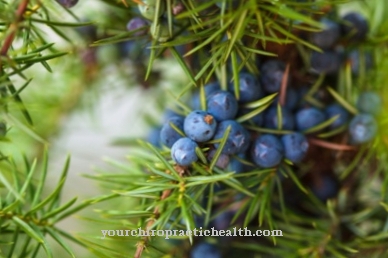
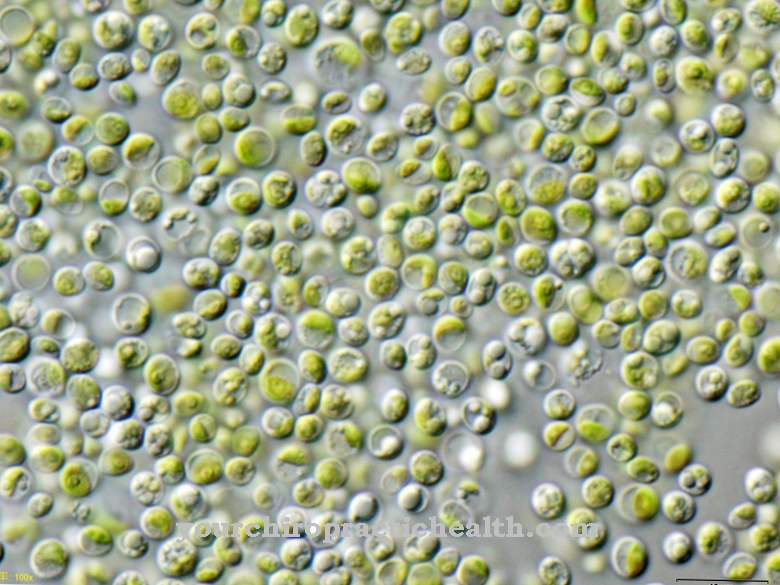
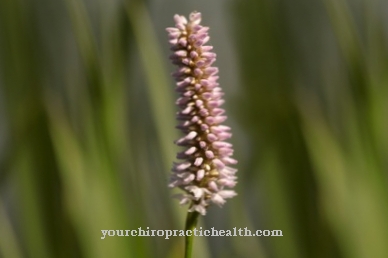

















.jpg)



